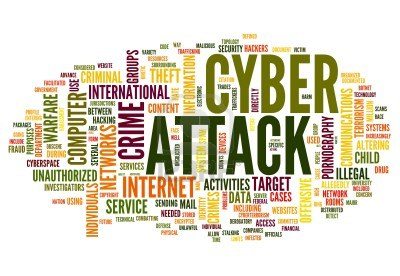According to reports, Colorado’s Delta-Montrose Electric Association (DMEA) is still struggling to recover from a devastating cyberattack last month that took down 90% of its internal systems and caused 25 years of historic data to be lost. In an update sent to customers this week, the company said it expects to be able to begin accepting payments through its SmartHub platform and other payment kiosks during the week of December 6. DMEA did not use the term “ransomware” but said much of their data had been corrupted while phone and email services were down for weeks.
The opinions expressed in this post belongs to the individual contributors and do not necessarily reflect the views of Information Security Buzz.



